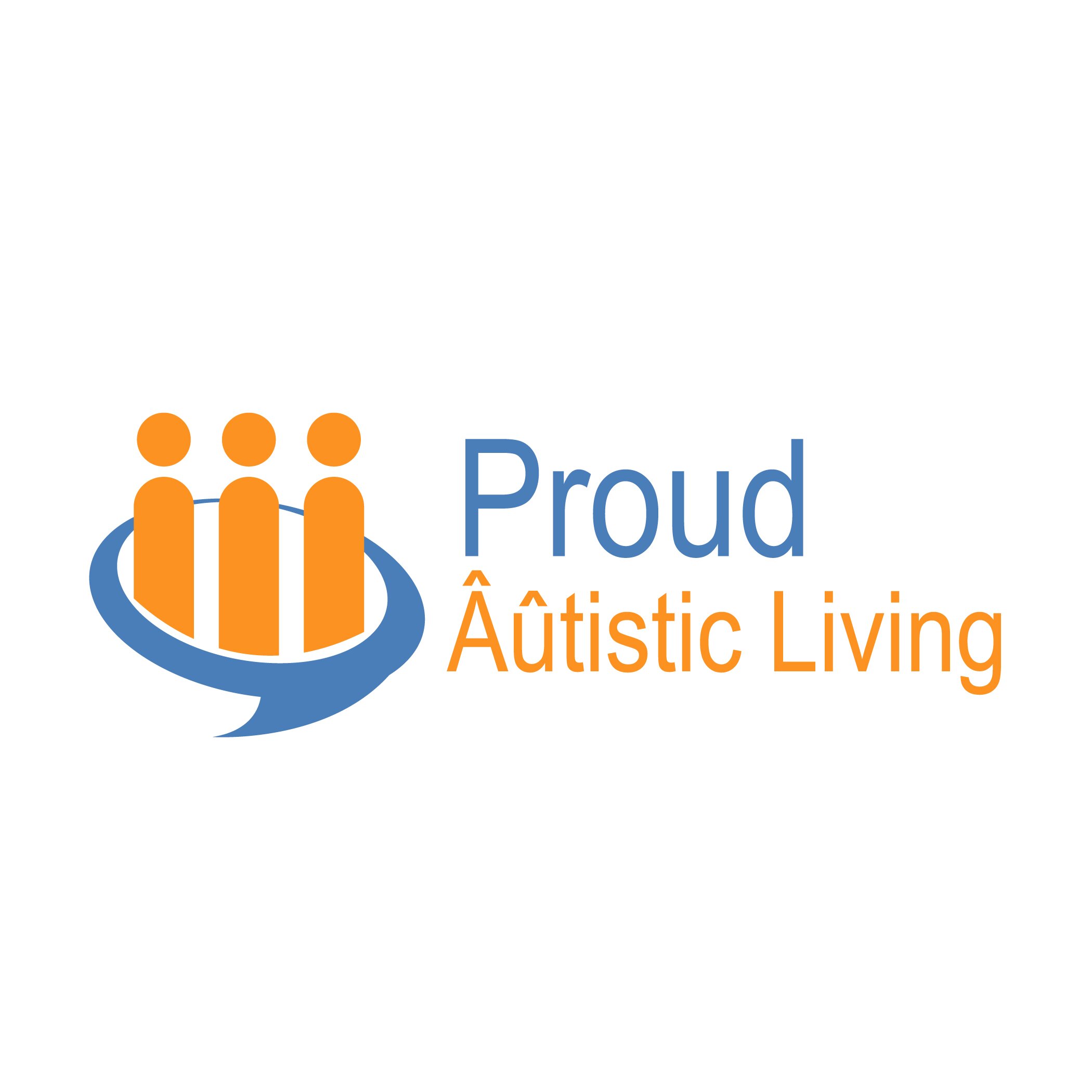I am Autistic. [or] I support those who are Autistic.
This is the first of the ten statements of . It seems on the surface pretty simple, in some respects it is simple, just the first statement in a list of statements to get things moving. Really, though, there is more nuance than that. It’s not just a statement of fact, though it certainly is that, but it’s also a statement of identity and in some respects of activism.
I am – a statement of being, in the moment, in the present, past and future.
Autistic – a clarifier of what that I am is.
Right from the beginning this list of ten points quickly asserts camaraderie and being. Flying in the face of disorder, disease and pathology.
Here, clearly stated is Identity First language. Flying in the face of the dehumanising language of the Person First brigade. The issue of Identity first language is an important one, I have written about it here and here, among other places. Without going too deeply into it, essentially it is a matter of being, not having. A matter of neurological identity and not pathological disorder or disease.
Essentially I am autistic, I do not have autism, I am not a person with autism. It is integral to my personhood, my whole being who I am. I don’t carry it around in a bag, I don’t put it on when I get out of bed, I have always been and always will be autistic, I didn’t catch it, nothing caused it and it can’t, won’t and does not need to be cured.
When a person says a person with autism or has autism there is an implicit sense it is something outside of themselves that afflicts them, rather than an inherent and integral part of their being, their neurology, the essence of every thought and action they partake.
Applying the Âû to my name, I confidently, proudly and purposefully proclaim that statement of identity. In my view, if one is unable to do so they have no business as an autistic person applying that Âû to their name.
Or…
This first statement also has that little or in it. There is contention by some that it shouldn’t be there. That this whole Âû thing should be just for autistic people only. I’ve thought a little about this, not incredibly deeply, but a little, and I have come to the view that I believe it to be a good thing that the or is there.
True allies to autistics are unfortunately few and far between, and why shouldn’t those true allies wear that Âû in solidarity. It’s a bit like wearing a flag pin to declare your national allegiance and your solidarity with that system. Who am I to declare that a person, though not autistic, who is passionately supportive of the ten points of Autistic Union and stand in solidarity with the autistics they know and love can’t wear an icon of allegiance?
And so whilst I am unable to really know what it is like as a non-autistic to support an autistic, I am incredibly grateful that those that are true allies exist and stand with me and all autistics., indeed the autistic world is richer for them, just as the allistic world is richer for us.
If you are an allistic person can subscribe to these points, then I support your choice to wear or not wear the Âû.
I wear mine with pride. I wear it joyously and consciously, it reminds me constantly of my solidarity and connection with my tribe.

![I am Autistic. [or] I support those who are Autistic.](https://i1.wp.com/proudautisticliving.com/wp-content/uploads/2016/08/identity-concept_f1zJLODO.jpg?resize=1200%2C640)




I have learnt a lot from you and other Autistic Adults and, for that, I thank you.
Ever since I started reading you I feel a bit more prepared to keep on helping my boy.
He doesn’t wear the Âû, he IS it and I wear it for him because I love him and support him -just-the-way-he-is.